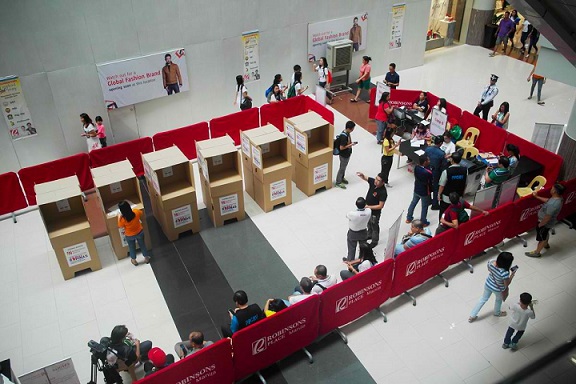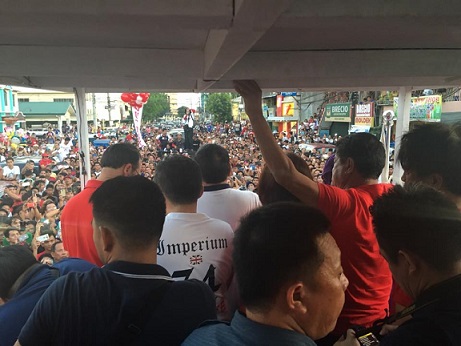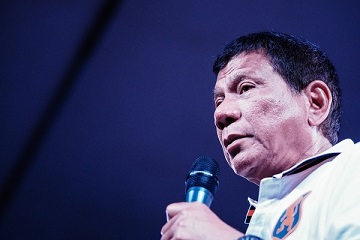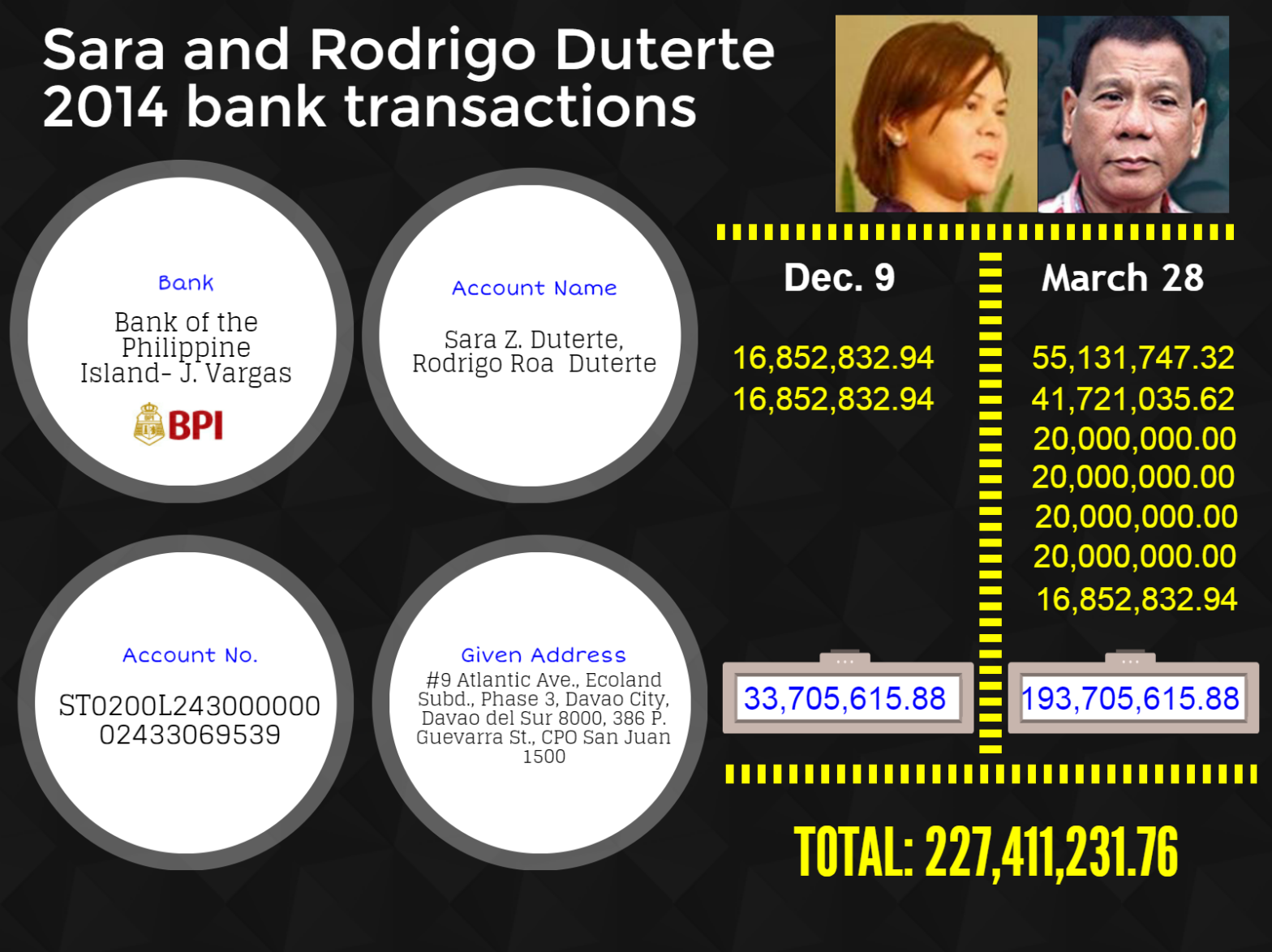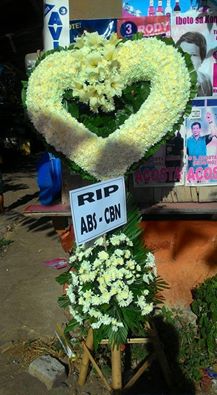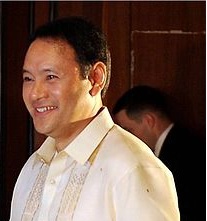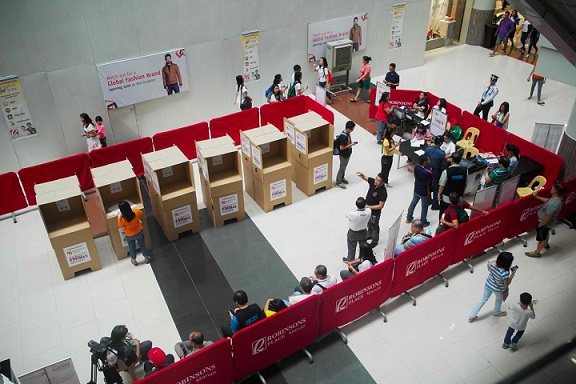
By ELLEN T. TORDESILLAS
WHEN it was reported that voters could cast their votes in shopping malls this coming elections, I thought it was a good idea.
It’s like going to mass in a mall and proceed to the grocery and shopping afterwards.
I was thinking of the Department of Foreign Affairs putting up passport processing services in malls which remarkably made the application and renewal of passports easy.
My election-lawyer friend said transferring polling places is much more complicated than issuance of passports. I now see that voting in malls was not a well-thought- out idea.
Just one issue:
Under the Omnibus Election Code, stores, stalls, and other types of vendors within 30 meters from the voting place should be closed during May 9. Selling is also prohibited within 30 meters from the polling place.
It is prohibited for “Any person who opens in any polling place or within a radius of thirty meters thereof on election day and during the counting of votes, booths or stalls of any kind for the sale, dispensing or display of wares, merchandise or refreshments, whether solid or liquid, or for any other purposes.”
That means stores, be it dry goods stores or restaurants, within 30 meters of the area designated to be the polling place, would be closed. How many stores would lose business and how many workers would lose income on that day? Would mall owners agree to that?
There are more complications of having a polling place in malls.
The law prohibits the use of private buildings to be used as polling places. Reading the Omnibus Election Code, I understand why.
However, if the brilliant minds in the Comelec can justify having a polling place in malls, here are the complications:
The law provides that the whole building, not just a portion, where the polling place is located must be put under the control of Comelec.
If the place is under Comelec control, it would be the Philippine National Police, not the blue guards, who would be in charge of the security of the whole building. Like, if the new polling place would be in Southmall in Las Pinas, the whole Southmall would have PNP personnel manning the gates and scouring the place all day. Would the PNP have enough manpower for that without jeopardizing its other peace and order obligations?
Comelec control of the private building where the new polling place is located is not only on election day. It starts when the machines are delivered to the malls which could be two days before Election Day as the machines have to be tested and if they are in the approved condition, they would be sealed. The mall has to be open during the testing and sealing of the machines.
Comelec control of the building ends only when the machines are pulled out after the voting.
On Election, May 9, the mall has to be open as early as 4 a.m. for the members of the Board of Election Inspectors. And can close only after all the election returns have been printed.
No voter should be denied entry to the mall. If the mall has a dress code, that has to be waived on that day for voters whose attire may not conform to it.
Parking fees should be waived during Election Day for voters who will cast their vote in the mall because if the mall owner continues to collect a parking fee, that would be already putting a property requirement on the voters, which is prohibited.
The law also says that the notice of movement of polling place must be done not later than 45 days before a general elections. It’s only a month left to May 9 and if there’s polling in place in any of the malls, the Comelec should have already come out with an order on that.
If a voter would question the conduct of the election in the mall voting place, the results of the clustered precincts may be annulled, and Comelec may set another elections of those clustered precincts.
Mall voting is an idea whose time has not yet come. At least not in the Philippines.
